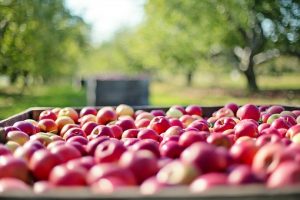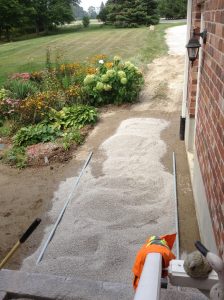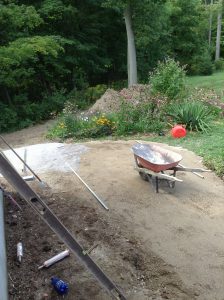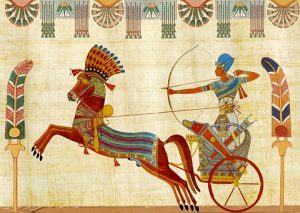
“But whoever has been forgiven little loves little.”
Luke 7:47
Sometimes it’s difficult for those who have consciously and carefully tried to live a good life to be aware of just how inadequate this rule-bound life can be. Sins of commission are fairly evident, but sins of omission don’t necessarily reveal themselves in the short term. Attitudes and thoughts of the heart are invisible, and we don’t always see how they affect our lives. If we refuse to risk developing and contributing our talents for fear of criticism, for example, it’s not readily apparent that we have cheated our Creator, ourselves and the world.
In his book Dreams and Healing, John A. Sanford writes about such a woman, who had played it so safe that her life had essentially not been lived. Sanford observes, wryly, that “she has nothing to be forgiven for, therefore she has everything to be forgiven for.”
Contrast this to the woman in Luke’s story who anointed Jesus with perfume. She knew herself to be a forgiven sinner, and recognizing the depths of that love, she loved much in return. Simon, Jesus’ host in that incident, was stingy in his love and half-hearted in his hospitality because he was not conscious that he also had accumulated debt. Like Simon, perhaps our careful observances of rule and decorum lead to pride that keeps us from acknowledging the fact that all that we have is a gift. And worse, this focus on externals causes us to build walls to hide our neediness and pain, even from ourselves.
Truly living life means realizing our common humanity, getting our hands dirty, falling down and being picked up again, putting ourselves to the test out there in the arena, gaining compassion for others out of our own painful experiences. Learning inevitably involves making mistakes. Love can be heart-wrenching. We fear honestly facing ourselves and others. But Jesus came loving, forgiving, and healing so that, like the prostitute overwhelmed with gratitude, we are free to love extravagantly.




